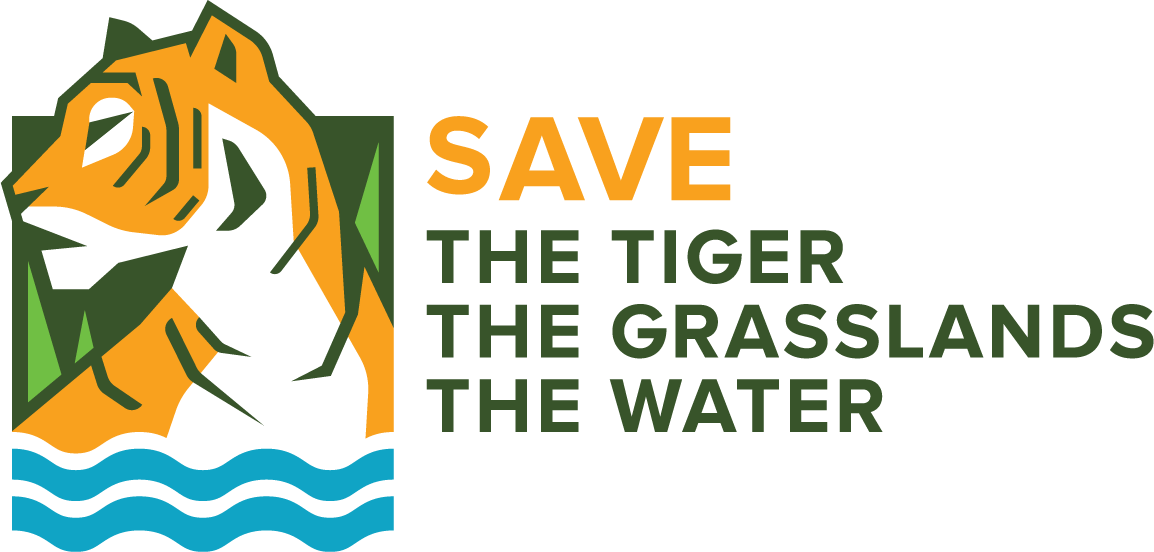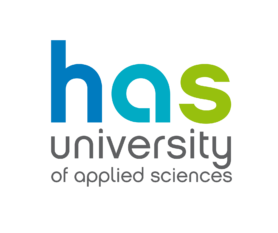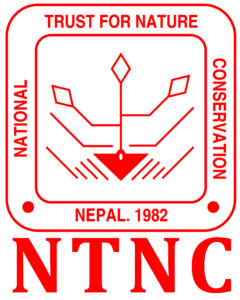Utrecht University (UU) contributes expertise on ecohydrology, ecology, hydrometeorology, catchment and mountain hydrology and environmental impact assessment.
TU Delft (TUD) covers research on hydraulic engineering of rivers, hydrology, water control, institutional arrangements, and especially the interactions between these fields in hydrology and water resources.
Vrije Universiteit (VU) has extensive expertise in plant nutritional ecology, fire ecology, the relationship between hydrology and vegetation, remote sensing of plant chemical characteristics, and vegetation management.
Wageningen University & Research (WUR) contributes two research groups to the project: one with expertise on wildlife ecology, wildlife conservation and plant–animal interactions, with several long-term projects studying the role of herbivory and predation, in Africa, Asia and South America.
HVHL University of Applied Science contributes expertise on public participation, community art and land and water management through the applied research group of sustainable river management.
HAS University of Applied Science brings in expertise on remote sensing, machine learning, spatial modelling ecological engineering, ecology, and biomonitoring.
HAN University of Applied Science contributes expertise on public participation, community art and land and water management through the applied research group of sustainable river management.
National Trust for Nature Conservation (NTNC), established in 1982 by a Legislative Act, is an autonomous and not-for-profit organization mandated to work in the field of nature conservation in Nepal. NTNC works closely with the Government of Nepal in the management of protected areas by directly managing three mountain protected areas and assisting the government in all the low land parks. NTNC has two roles in the project: it is the local coordinating organisation and it will be involved in the research itself as well as technically supporting the research activities.









